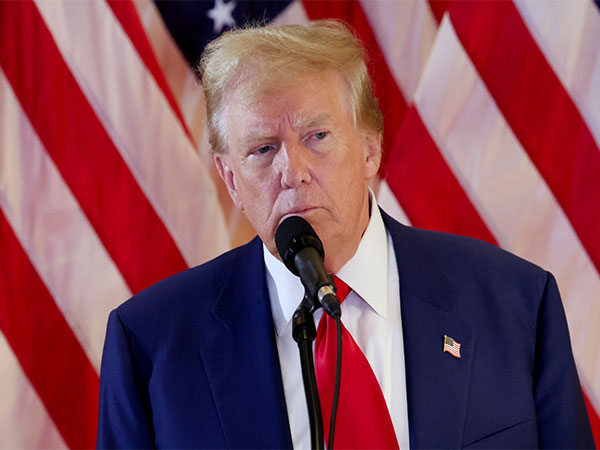Trump's Economic Proposals: Campaign Promises or Fiscal Recklessness?
Donald Trump is rapidly unveiling tax-cut proposals to attract voters in a tight race against Kamala Harris. While aiming to appeal to various voter groups, Trump's plans could significantly increase the federal deficit. These proposals emphasize economic populism, but face scrutiny over their fiscal consequences.

As the election draws near, Donald Trump is unveiling a plethora of tax-cut proposals to gain an edge over his Democratic rival, Vice President Kamala Harris. With polls showing a close race, particularly in pivotal states, Trump's array of tax cuts includes eliminating taxes on car loan interest and Social Security benefits, aiming to win voters across different demographics.
However, these hasty rollouts have attracted criticism from economists who argue that such promises might escalate the federal deficit significantly. A report from the Committee for a Responsible Federal Budget estimates Trump's tax initiatives could add $7.5 trillion to the federal deficit, compared to Harris's $3.5 trillion.
While Trump's campaign emphasizes the potential benefits for everyday Americans, concerns mount over the lack of attention to long-term economic stability. Observers note that most of these proposals would require Congressional approval, making their implementation uncertain amid a politically divided legislature.
(With inputs from agencies.)
ALSO READ
Thailand's $77 Billion Social Security Fund Targets Global Private Assets
French PM Delays Deficit Reduction Target to 2029
Current account deficit widens on increase in merchandise trade gap to USD 65.1 bn in Q1 FY25 from USD 56.7 bn a year ago, says RBI.
India's current account deficit widens to 1.1 pc of GDP in April-June 2024 against 1 pc last year and a surplus of 0.5 pc in March qtr: RBI.
France's Budget Battle: Tax Hikes and Spending Cuts to Narrow Deficit










